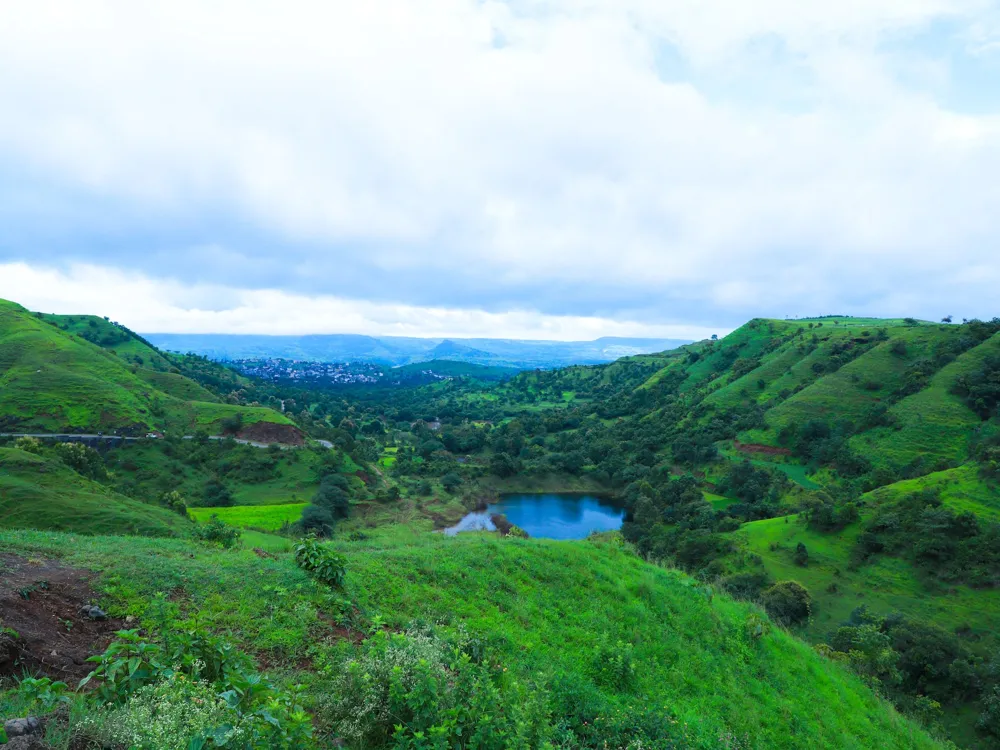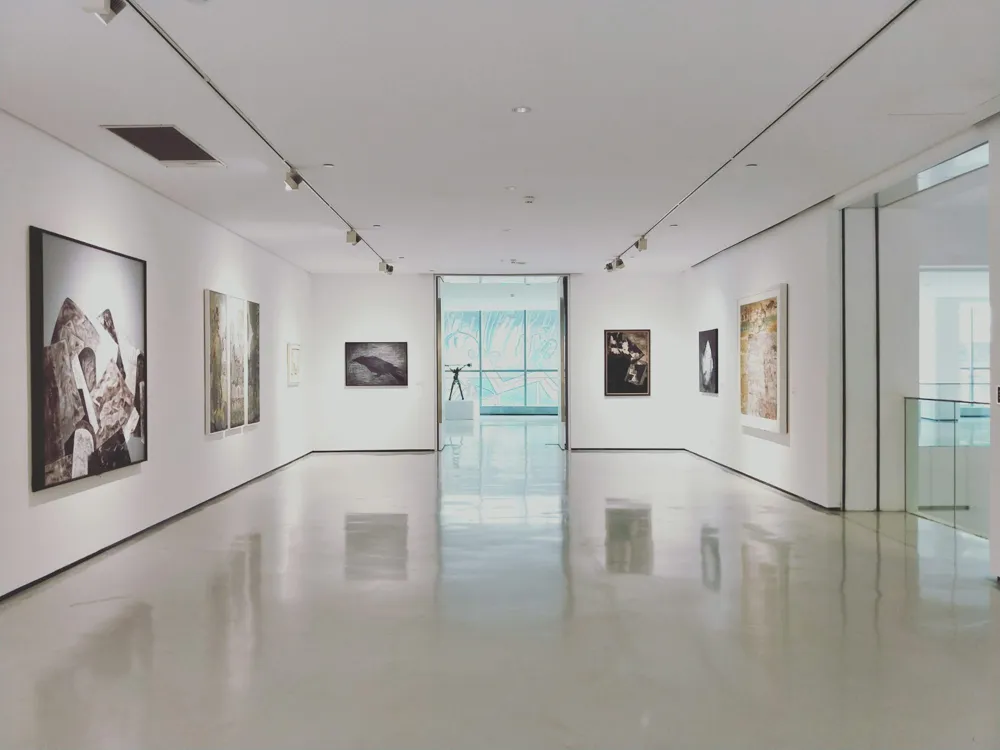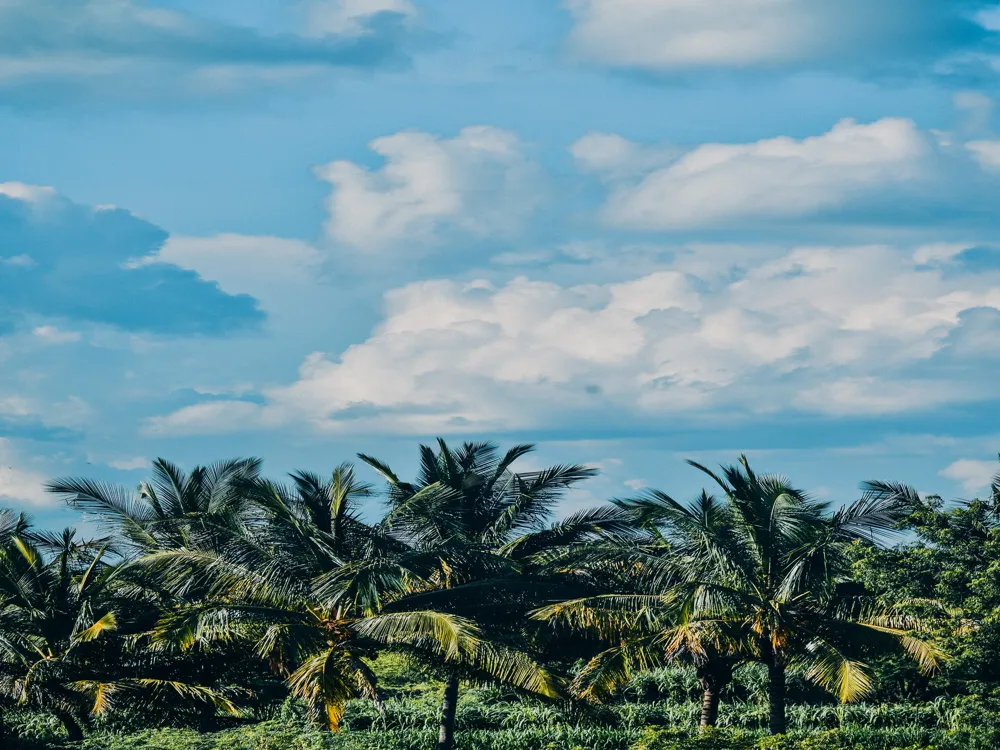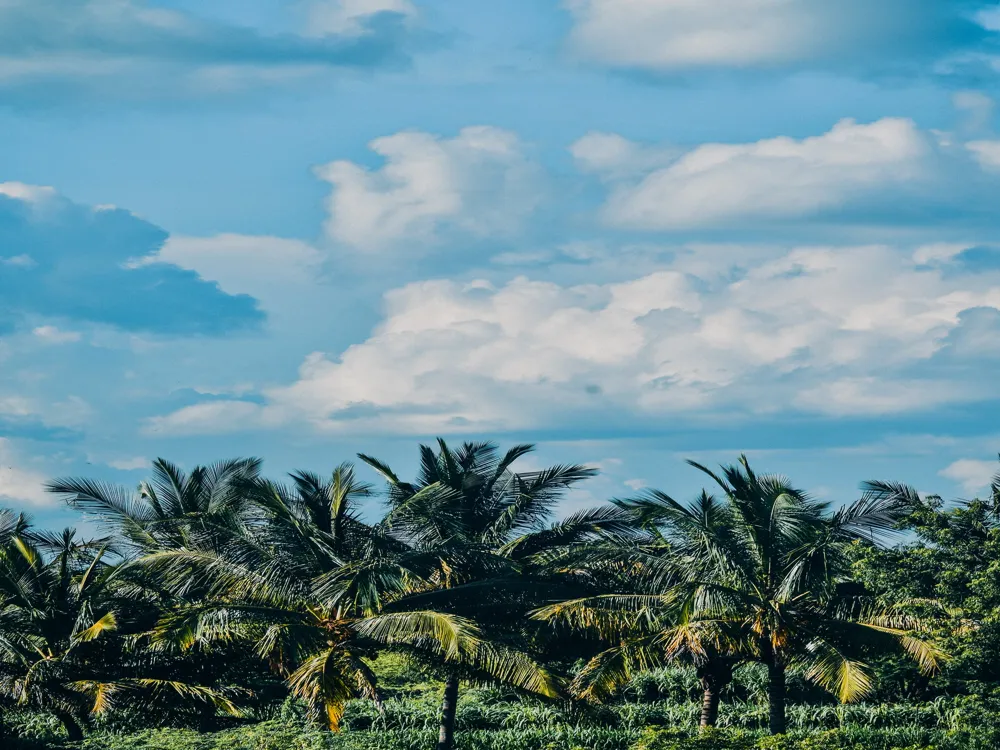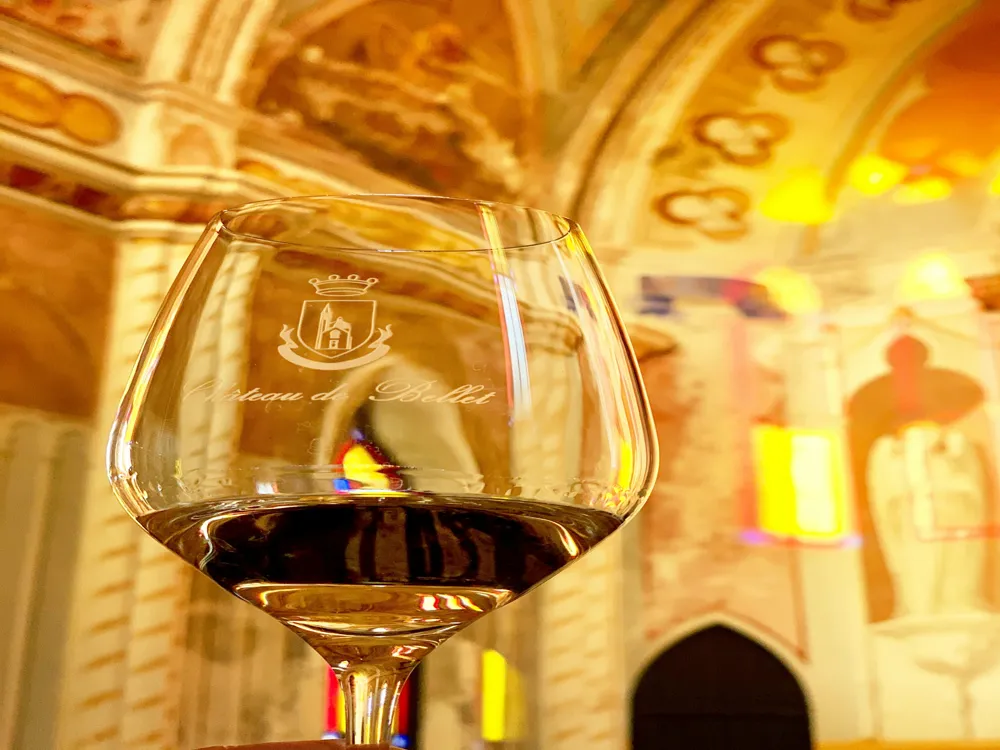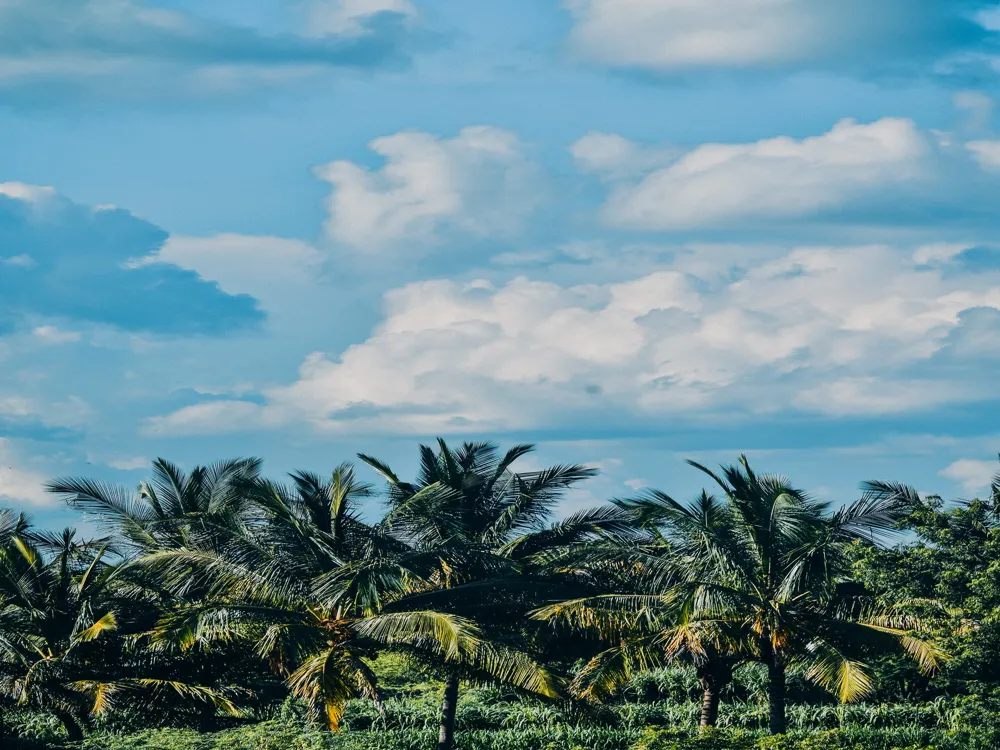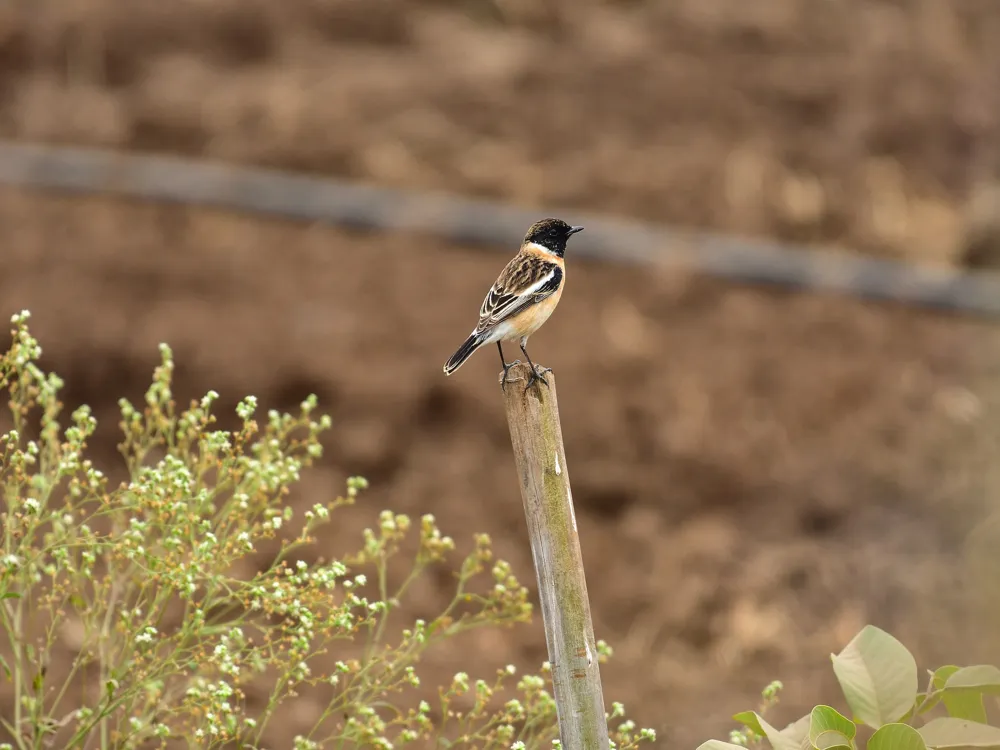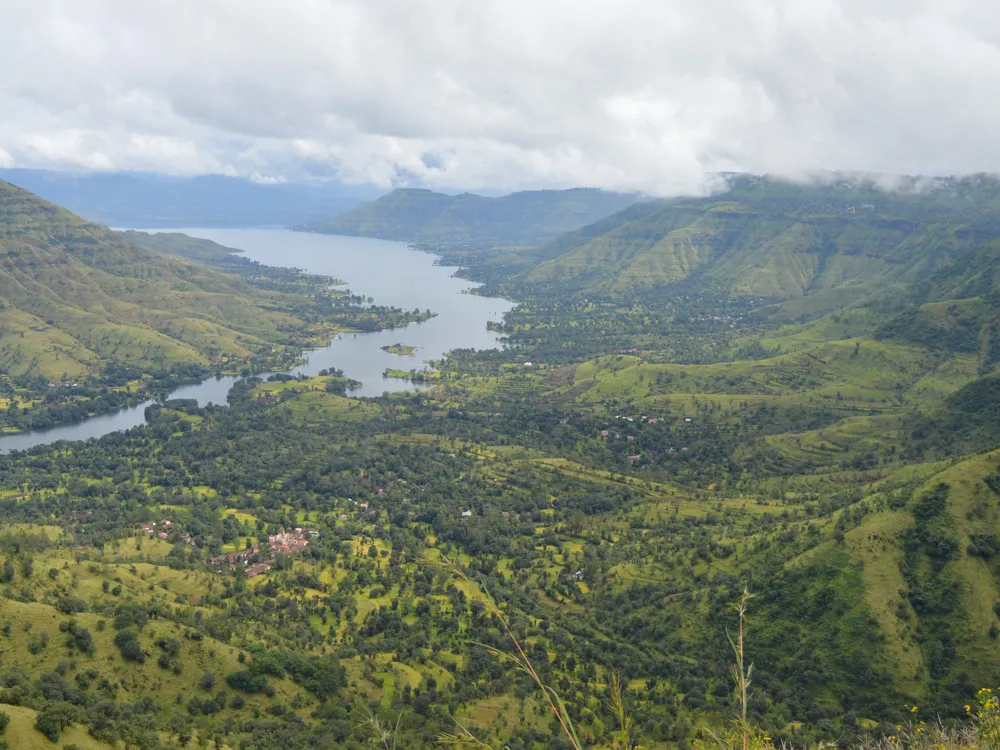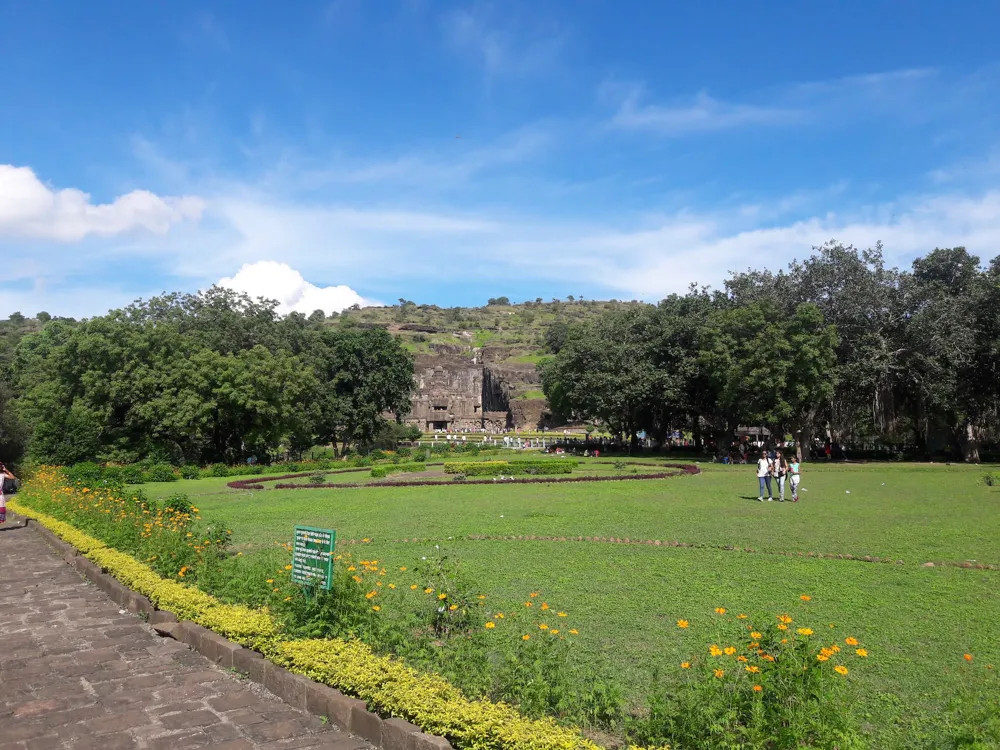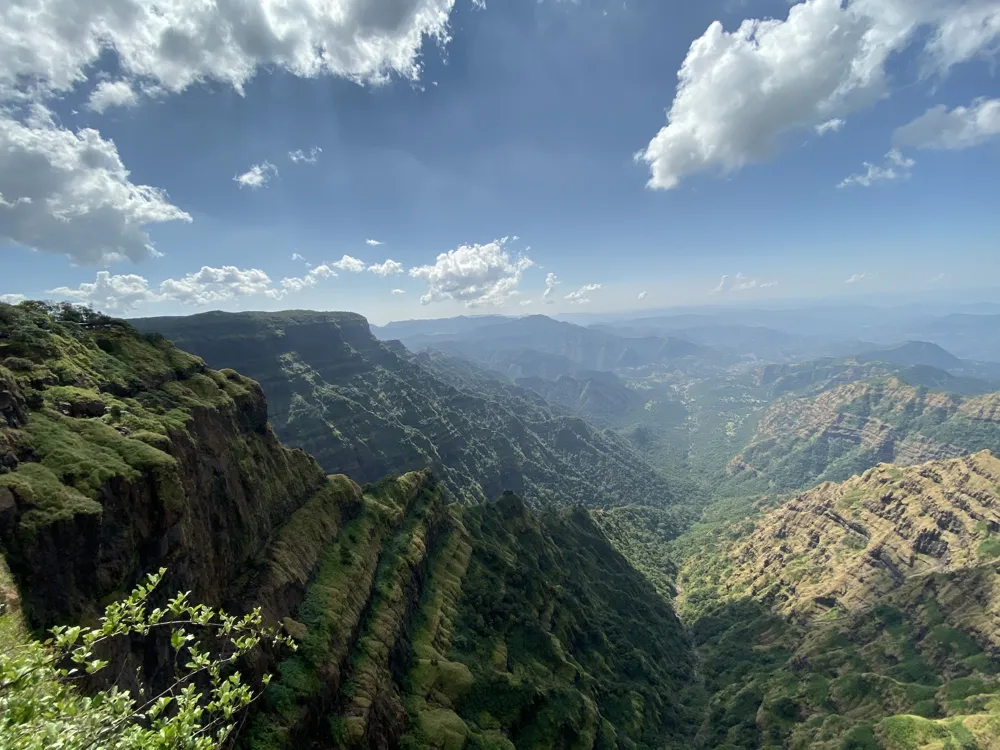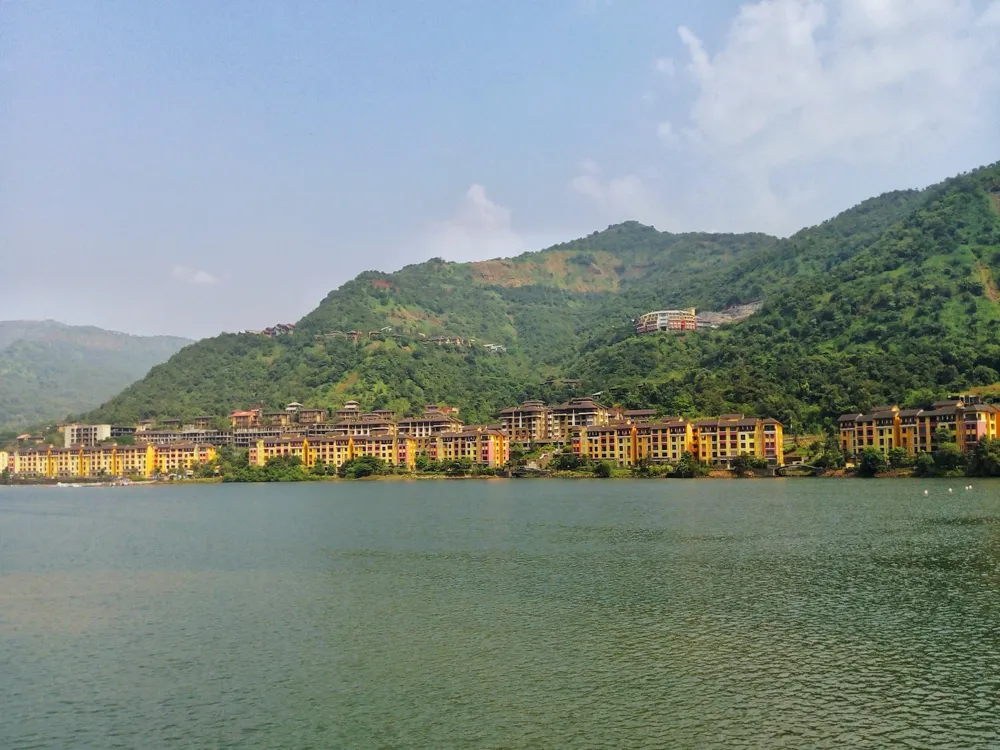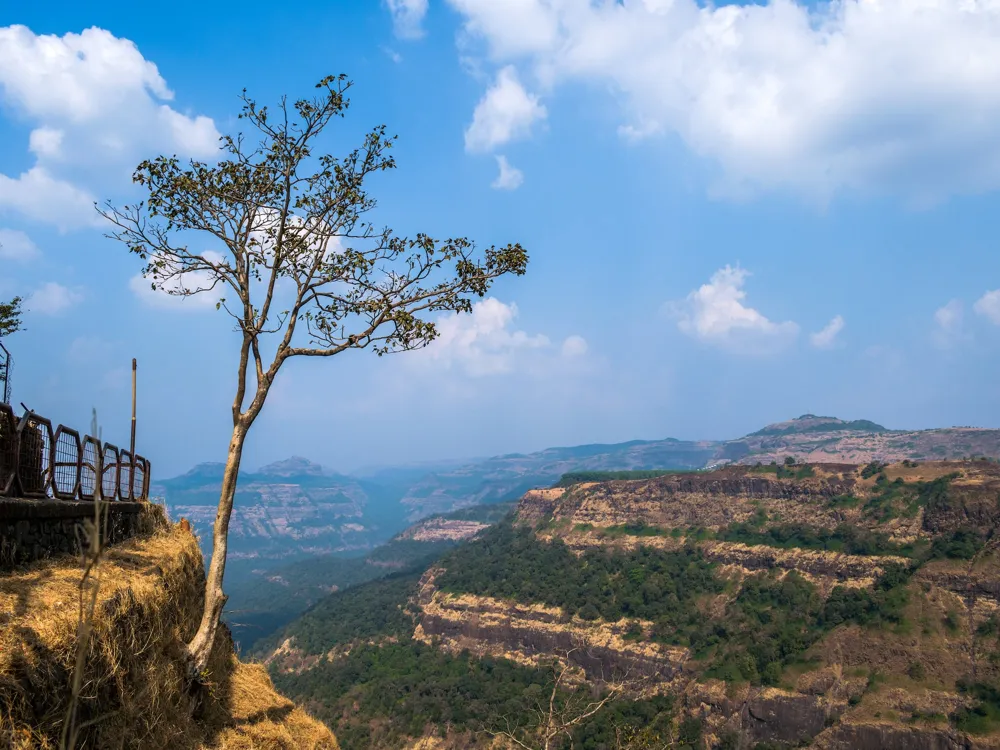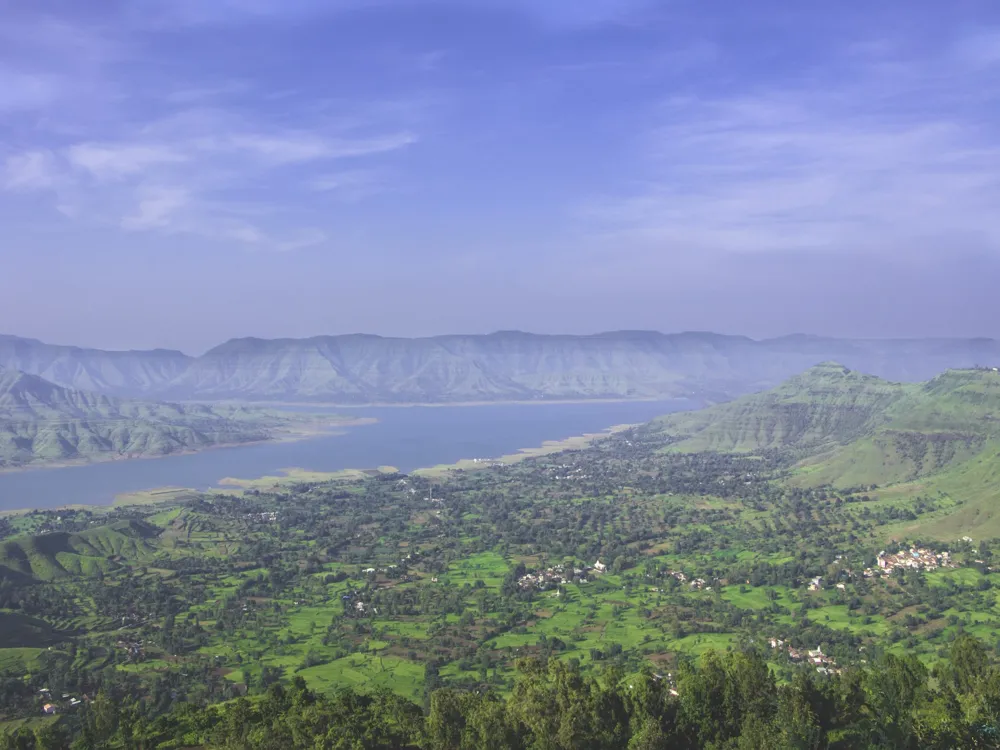Pimpri Gawali, a quaint village nestled in the heart of Maharashtra's Ahmednagar district, is a hidden gem waiting to be explored. Known for its rich history and cultural significance, this village offers a unique glimpse into the traditional rural life of Western India. The area, characterized by its serene landscapes and agricultural prowess, stands as a testament to the time-honored traditions and resilient spirit of the local populace. Visitors to Pimpri Gawali are greeted by the warm hospitality of its residents, making it an ideal destination for those seeking an authentic rural experience. The history of Pimpri Gawali is intertwined with the broader narrative of Maharashtra. The village's past is marked by tales of Maratha valor and the legacy of the great warriors who shaped the region's destiny. From the rule of the Satavahana dynasty to the Maratha Empire, Pimpri Gawali has witnessed several pivotal moments in Indian history. The village's strategic location made it a crucial point in historical trade routes, contributing to its development over the centuries. Pimpri Gawali's culture is a vibrant tapestry of traditional practices, festivals, and folk arts. The village is particularly known for its celebration of local festivals, which are marked by colorful processions, folk dances, and music. These festivals not only showcase the rich cultural heritage of the area but also play a vital role in community bonding. The traditional practices of agriculture and handicrafts, passed down through generations, continue to be an integral part of daily life in Pimpri Gawali. In recent years, Pimpri Gawali has embraced modern development while retaining its traditional charm. Efforts have been made to improve infrastructure and amenities, making the village more accessible and comfortable for visitors. The community is actively engaged in sustainable practices, ensuring that development does not come at the expense of the environment or cultural heritage. This balance between progress and preservation makes Pimpri Gawali a model for sustainable rural development. The architecture of Pimpri Gawali is a fascinating blend of historical influences and local ingenuity. The village's built environment reflects the various cultural and historical epochs it has witnessed, creating a unique architectural landscape. From ancient temples to colonial-era structures, the architectural diversity of Pimpri Gawali offers an intriguing insight into the region's past. The ancient temples of Pimpri Gawali are architectural marvels that showcase the craftsmanship and religious devotion of the past. These temples, dedicated to various Hindu deities, feature intricate carvings, ornate sculptures, and traditional design elements. The religious structures are not just places of worship but also serve as cultural centers, hosting various rituals and ceremonies throughout the year. The colonial period left a significant mark on the architecture of Pimpri Gawali. Several buildings from this era, characterized by their distinct Indo-European styles, are scattered throughout the village. These structures, once administrative centers or residences of colonial officials, now serve as historical landmarks, offering a glimpse into the colonial history of the region. The vernacular architecture of Pimpri Gawali is a testament to the ingenuity and resourcefulness of the local community. Traditional houses, made from locally sourced materials like mud, wood, and thatch, are designed to be climate-responsive and sustainable. These dwellings, with their simple yet functional design, reflect the harmonious relationship between the people and their natural environment. The ideal time to visit Pimpri Gawali is during the cooler months from November to February. During this period, the weather is pleasant, making it conducive for exploring the village and participating in outdoor activities. Visitors are advised to respect the local customs and traditions of Pimpri Gawali. Dressing modestly and behaving courteously are appreciated. Engaging with locals and participating in community activities can enrich your experience. Pimpri Gawali offers a range of accommodation options, from homestays to guesthouses. Local cuisine, known for its unique flavors and ingredients, is a must-try. Many homestays also offer authentic home-cooked meals. Pimpri Gawali is well-connected by road and is accessible from major cities like Mumbai and Pune. The nearest railway station is in Ahmednagar, from where taxis or buses can be taken to reach the village. For those preferring air travel, the nearest airport is in Pune, followed by a road journey to Pimpri Gawali. Read More:Overview of Pimpri Gawali in Ahmednagar, Maharashtra
Historical Significance of Pimpri Gawali
Cultural Traditions and Practices
Modern Development and Sustainability
Architecture of Pimpri Gawali
Ancient Temples and Religious Structures
Colonial Influences and Historical Buildings
Vernacular Architecture and Sustainable Practices
Tips When Visiting Pimpri Gawali
Best Time to Visit
Local Etiquette and Customs
Accommodation and Dining
How To Reach Pimpri Gawali
Pimpri Gawali
Ahmednagar
Maharashtra Goa
NaN onwards
View ahmednagar Packages
Ahmednagar Travel Packages
View All Packages For Ahmednagar
Top Hotel Collections for Ahmednagar

Private Pool

Luxury Hotels

5-Star Hotels

Pet Friendly
Top Hotels Near Ahmednagar
Other Top Ranking Places In Ahmednagar
View All Places To Visit In ahmednagar
Faq on Ahmednagar
What is Pimpri Gawali in Ahmednagar known for?
Pimpri Gawali in Ahmednagar is known for its scenic beauty, agricultural activities, and cultural heritage. It's a small village with a rich history and vibrant community life.
How do I reach Pimpri Gawali from Ahmednagar city?
You can reach Pimpri Gawali from Ahmednagar city by road. It's approximately [insert distance] km away and can be reached by car or bus. There are also shared taxis available for commuting.
What are the major attractions in Pimpri Gawali, Ahmednagar?
Some major attractions in Pimpri Gawali include [insert attractions], which are famous for their natural beauty and historical significance. Visitors often enjoy exploring [mention any specific landmarks or activities].
Are there any accommodations available in Pimpri Gawali, Ahmednagar?
While Pimpri Gawali is a small village, there are limited accommodations available such as guesthouses or homestays. It's advisable to make prior arrangements if you plan to stay overnight.
What are the agricultural practices prevalent in Pimpri Gawali, Ahmednagar?
Pimpri Gawali is primarily an agricultural area, known for cultivating crops such as [mention crops grown in the region]. The farming community here practices traditional methods of agriculture, contributing to the local economy.
View ahmednagar Packages
Ahmednagar Travel Packages
View All Packages For Ahmednagar
Top Hotel Collections for Ahmednagar

Private Pool

Luxury Hotels

5-Star Hotels

Pet Friendly
Top Hotels Near Ahmednagar
Other Top Ranking Places In Ahmednagar
Faq on Ahmednagar
What is Pimpri Gawali in Ahmednagar known for?
Pimpri Gawali in Ahmednagar is known for its scenic beauty, agricultural activities, and cultural heritage. It's a small village with a rich history and vibrant community life.
How do I reach Pimpri Gawali from Ahmednagar city?
You can reach Pimpri Gawali from Ahmednagar city by road. It's approximately [insert distance] km away and can be reached by car or bus. There are also shared taxis available for commuting.
What are the major attractions in Pimpri Gawali, Ahmednagar?
Some major attractions in Pimpri Gawali include [insert attractions], which are famous for their natural beauty and historical significance. Visitors often enjoy exploring [mention any specific landmarks or activities].
Are there any accommodations available in Pimpri Gawali, Ahmednagar?
While Pimpri Gawali is a small village, there are limited accommodations available such as guesthouses or homestays. It's advisable to make prior arrangements if you plan to stay overnight.
What are the agricultural practices prevalent in Pimpri Gawali, Ahmednagar?
Pimpri Gawali is primarily an agricultural area, known for cultivating crops such as [mention crops grown in the region]. The farming community here practices traditional methods of agriculture, contributing to the local economy.







